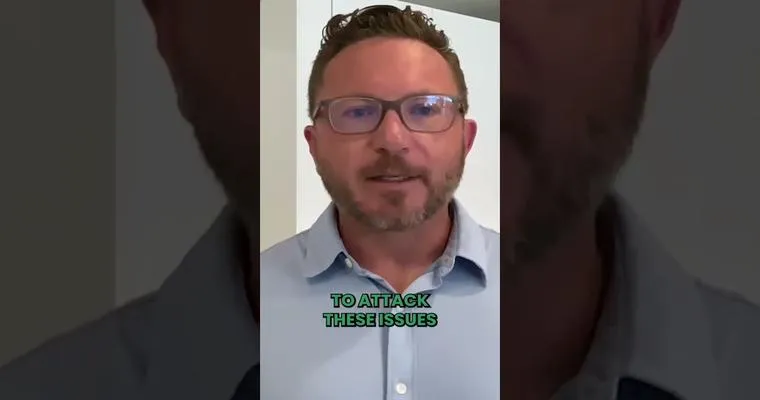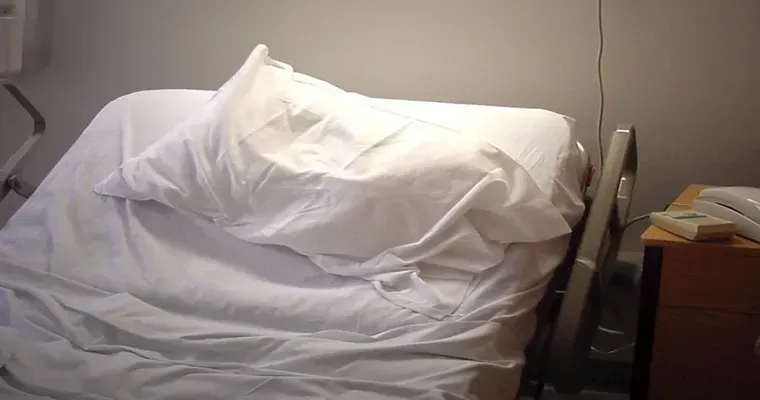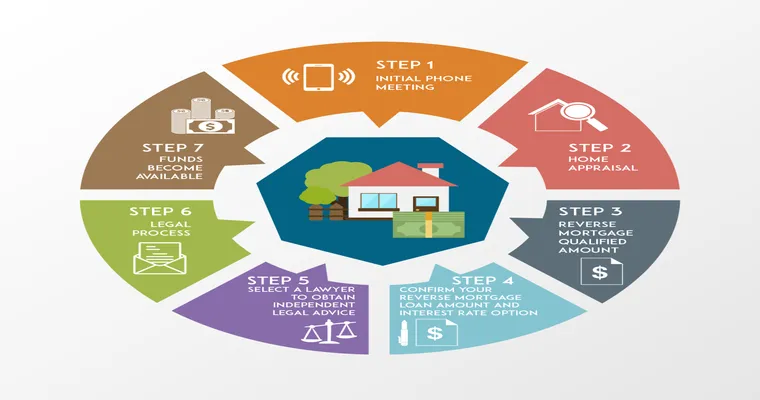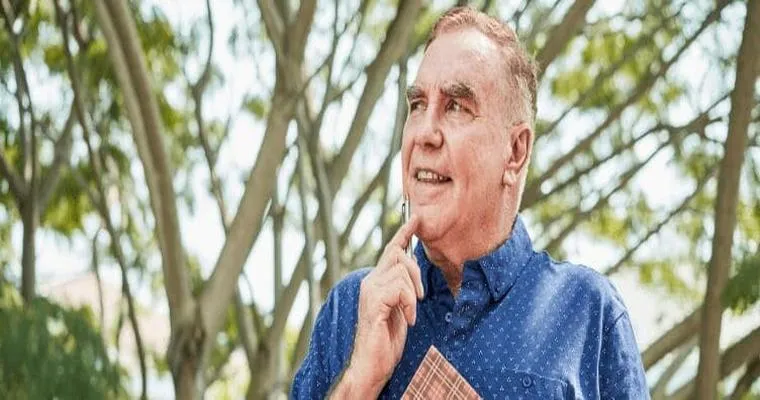When a "mother" has a "reverse mortgage" on her house and subsequently moves to a "nursing home (NH)", it raises important questions regarding the implications for "Medicaid" eligibility. If you are considering paying off the reverse mortgage and purchasing the house, it is crucial to understand how this decision may affect your mother’s Medicaid benefits and your financial responsibilities.
Understanding Reverse Mortgages
A reverse mortgage allows homeowners, usually seniors, to convert a portion of their home equity into cash without having to sell the home. This financing option can provide essential funds for living expenses or healthcare costs. However, it also creates a lien on the property, which means that the loan must be paid back when the homeowner moves out or passes away.
The Implications of Paying Off the Reverse Mortgage
If your mother moves to a nursing home and you decide to pay off the reverse mortgage, you must consider the following factors:
1. "Medicaid Asset Limits": Medicaid has strict asset limits to qualify for benefits. When your mother pays off the reverse mortgage, it could potentially reduce her countable assets. However, if you pay off the loan using her money, it may be viewed as a transfer of assets, which could lead to penalties or a waiting period for Medicaid eligibility.
2. "Buying the House": If you intend to buy the house after paying off the reverse mortgage, the transaction needs to be structured carefully. Purchasing the home could be seen as a transfer of assets, which Medicaid scrutinizes. If the purchase is made at fair market value, it may not negatively impact her eligibility. However, if the house is sold for less than its value, this could create problems.
3. "Look-Back Period": Medicaid has a look-back period of five years. Any asset transfers made during this time can affect Medicaid eligibility. If you pay off the reverse mortgage and purchase the house within this period, it is essential to consult a legal or financial advisor to ensure compliance with Medicaid regulations.
Medicaid Eligibility and Nursing Home Care
When your mother enters a nursing home, her eligibility for Medicaid will largely depend on her income and assets. If she has too many assets, including the home, she may not qualify. However, Medicaid typically does not count the primary residence as an asset if the owner plans to return home or if a spouse or dependent resides there.
Seeking Professional Guidance
Navigating the complexities of Medicaid, reverse mortgages, and property transactions can be challenging. To ensure that you make informed decisions, it is advisable to consult with:
"Elder law attorneys" who specialize in Medicaid planning.
"Financial advisors" who can help you evaluate the financial implications of paying off the reverse mortgage.
"Social workers" at the nursing home who can provide insights into Medicaid processes.
Conclusion
In summary, while paying off your mother’s reverse mortgage and buying her house after she moves to a nursing home may seem like a straightforward solution, it is fraught with potential complications regarding Medicaid eligibility. Understanding the nuances of asset transfers, look-back periods, and Medicaid regulations is essential. By seeking professional guidance, you can navigate these challenges successfully and ensure that your mother receives the care she needs without jeopardizing her financial future.





